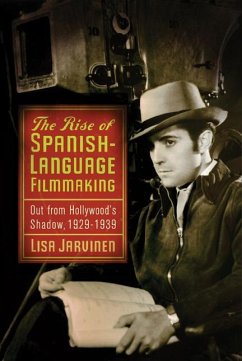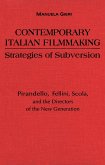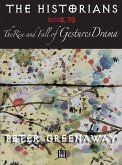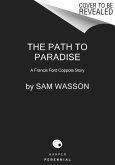Focuses specifically on how Hollywood lost a lucrative international Spanish-speaking audience between 1929 and 1939, along with talent it had carefully nurtured in the United States. It examines the lasting effects of the transition to sound on both Hollywood practices and cultural politics in the Spanish-speaking world. Using case studies based on archival research in the US, Spain, and Mexico, this shows how language led to new expectations from audiences and new possibilities for film producers.
Hinweis: Dieser Artikel kann nur an eine deutsche Lieferadresse ausgeliefert werden.
Hinweis: Dieser Artikel kann nur an eine deutsche Lieferadresse ausgeliefert werden.








